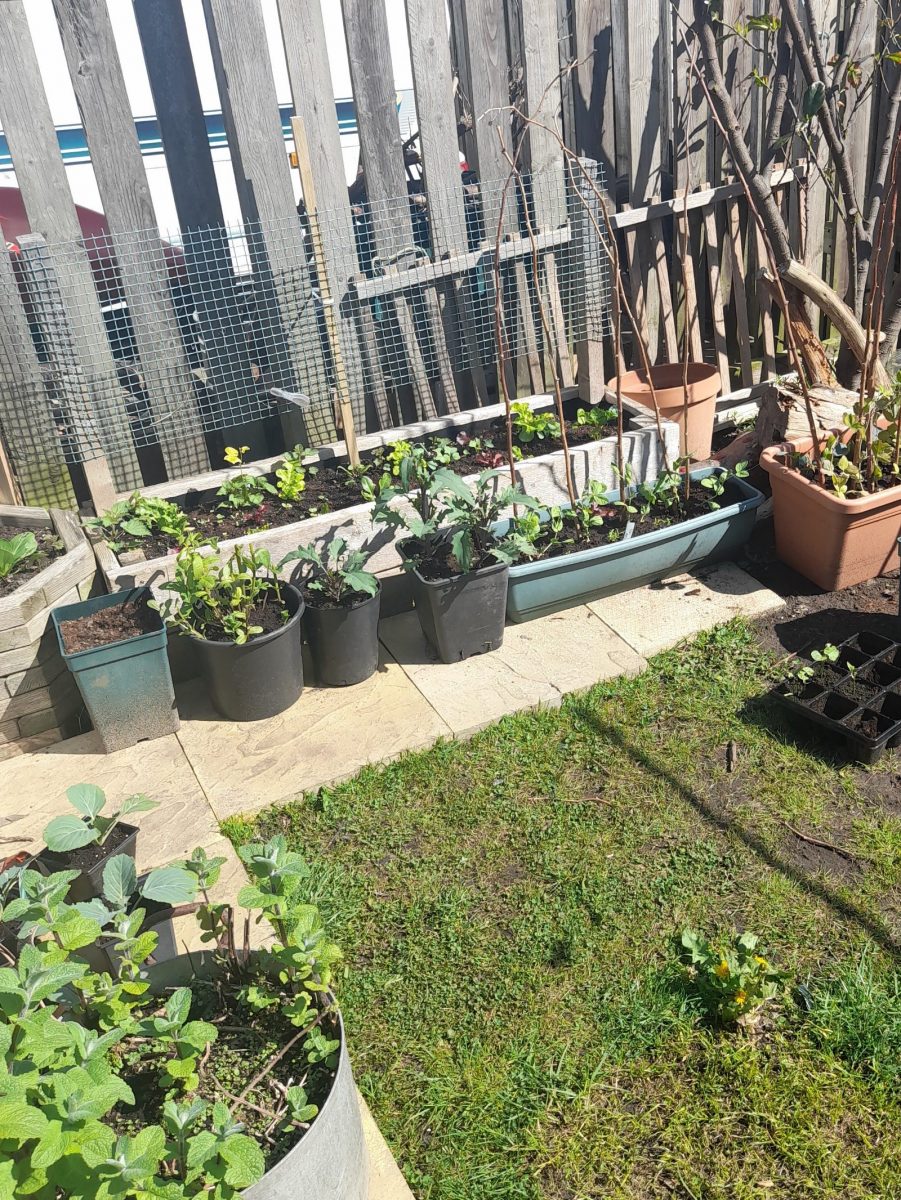by Priya Logan
I have been lucky to have read a fascinating book lately: The Righteous Mind by Jonathan Haight I would recommend it just to bring into question some of our sacred but flawed beliefs such as everything we do is well considered or beliefs are unchangeable.
The Righteous Mind brings asserts that almost none of our rational thoughts are founded on a logical basis. Instead we have instinct steering in most cases — he calls our elephant — meaning the majority of our will and likes are attached to that — and the rational mind left over us mainly used to back up these hunches which are shaped by conditioning, experience and culture.

I automatically thought about this with regard to our immediate judgements when it comes to gardens and nature. An uncultivated wild area — if you could possibly find one these days — could be beautiful but hostile to human needs and it would make sense that we would have an automatic wariness. An overly managed garden is labour intensive and can often use toxic chemicals so it would make sense that it may not feed certain aspects of our psyche though it could appeal for culturally learned asthetic reasons and an indicator of status and hard work.
Jonathan Haight found that as humans — who are by nature reliant on other humans and always belonging to landscape and community in one way or another, it is an automatic reflex to be wary of things that do not benefit wellbeing such as obvious lack of care or neglect. Nature itself is not neglectful but a garden gone wild can need a large amount of coaxing to let humans reestablish their activity there.
Education and gradual friendly change is more way effective than division. As a gardener a common thing that people want from you at any one time is whatever is culturally acceptable — this may just be a lack of mess and more order. It may be something impressive but energy draining. It is better to build bridges by getting up close and personal with increased beauty and another idea of order if possible and there are usually many more alternatives when defenses are relaxed.
Acceptance is built into our social nervous system and if we see a large clump of dandelions which has been built up in the collective to signify neglect rather than natural abundance it can trigger a reaction before we even know what it is or why we find it distressing.
Human beings love, understandably, pockets of intelligent design that provide us with material sustainence, manageability and security so it is not all or nothing. Ideally it would be a meeting halfway — a collaboration and a relationship.




